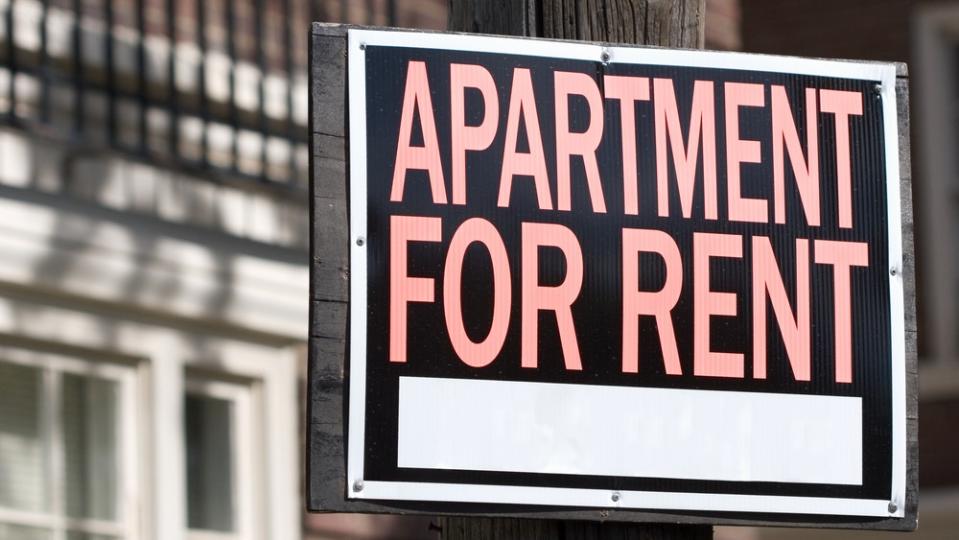When considering where to invest your money, there are numerous options available. Stocks, bonds, exchange-traded funds (ETFs), mutual funds, and real estate are all solid choices for investors at any experience level. However, options like forex or cryptocurrency may be too volatile for beginners. Your choice will depend on your desired level of involvement, initial investment capital, and risk tolerance.
The Appeal of Real Estate Investment
Buying and owning real estate is an investment strategy that can be both satisfying and lucrative. Unlike stock and bond investors, real estate owners can use leverage to purchase a property by paying a portion of the total cost upfront and financing the balance over time. This ability to leverage funds can amplify potential returns on investment, making real estate a compelling option.
Characteristics of a Good Real Estate Investment
A successful real estate investment is one with a high chance of success or return on investment (ROI). High-risk investments should offer high potential rewards to justify the risk. Even high-probability investments do not guarantee success. Therefore, you should never invest money in real estate—or any investment—if you cannot afford to lose it.
While traditional mortgages typically require a 20% to 25% down payment, in some cases, a 5% down payment is sufficient to purchase a property. This leverage allows real estate flippers and landlords to control an asset immediately upon signing the paperwork and can even enable them to take out second mortgages to acquire additional properties.
Ways to Make Money in Real Estate
Here are five primary strategies through which investors can profit from real estate:
Rental Properties Owning rental properties can be an excellent opportunity for individuals with DIY renovation skills and the patience to manage tenants. These properties can be local or out-of-state. This strategy requires substantial capital for upfront maintenance and to cover periods when the property is vacant or tenants fail to pay rent.
Flipping Properties Real estate flippers buy undervalued properties, renovate them, and sell them for a profit. This method can generate significant income, but it requires knowledge of the market, renovation skills, and the ability to manage construction projects.
Real Estate Investment Groups (REIGs) For a more hands-off approach, investors can join REIGs. These groups purchase or build a set of apartment blocks or condos, then allow investors to buy them through the company, thereby joining the group. In exchange for finding tenants, handling maintenance, and other responsibilities, the company takes a percentage of the monthly rent.
Real Estate Investment Trusts (REITs) REITs are essentially dividend-paying stocks. Investors purchase shares in these trusts, which own commercial real estate like office buildings, retail spaces, apartments, and hotels. REITs are a way to invest in real estate without owning physical properties, offering liquidity and diversification.
Real Estate Crowdfunding Online platforms allow investors to pool funds to invest in real estate projects. This can provide access to deals that would otherwise be out of reach and allows for investment diversification.
Conclusion
Real estate investment offers various avenues for generating income, each with its unique set of requirements and risk profiles. Whether through rental properties, flipping houses, joining investment groups, or purchasing REITs, there are opportunities for both hands-on and hands-off investors. As with any investment, it’s crucial to thoroughly research and understand the risks involved and to invest within your financial means.








